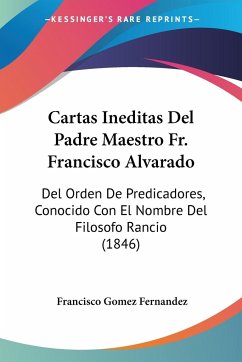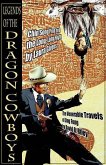During the turbulent history of the Spanish conquest of the Americas, Capitán Don Pedro de Alvarado, a young governor of a colony in the Central American region of the New Spain, decided to build several galleons, wanting to be the first to navigate the Pacific Ocean coastlines of America. To achieve his quest and acting out of his own initiative, the governor used the gold which had been destined for the Spanish Crown, generating a terrible tsunami of unpleasantness and anger among the high levels of the Spanish government, where officials routinely and fraudulently benefited from some of that wealth originating in the New Spain. A conspiracy was organized at the highest and most corrupt levels of the Spanish court, aimed at neutralizing and destroying what the originators deemed an abusive governor. Young captain Alvarado became the target of lethal attacks against him, his family and friends. He was forced to defend himself with the help of his allies, some of whom were also victims of a similar conspiracy launched by the corrupt rulers of another small, northern European country. The governor and his allies eventually retaliated against the heads of their enemies, who had been shielded by power and distance. This was accomplished through heroic deeds and big sacrifices, leading to an unexpected conclusion. A novelist has the liberty of using fiction when interesting events have faded in time, leaving empty voids in history. Once the veracity of certain stories has been diluted by the passing of time, the novelist is able to fill in the gaps, provided it is done with logic acceptable to the storyline and in an interesting, well-articulated style of what might have been. Such is the case with this novella, which contains considerable veracity in its pages.
Hinweis: Dieser Artikel kann nur an eine deutsche Lieferadresse ausgeliefert werden.
Hinweis: Dieser Artikel kann nur an eine deutsche Lieferadresse ausgeliefert werden.








